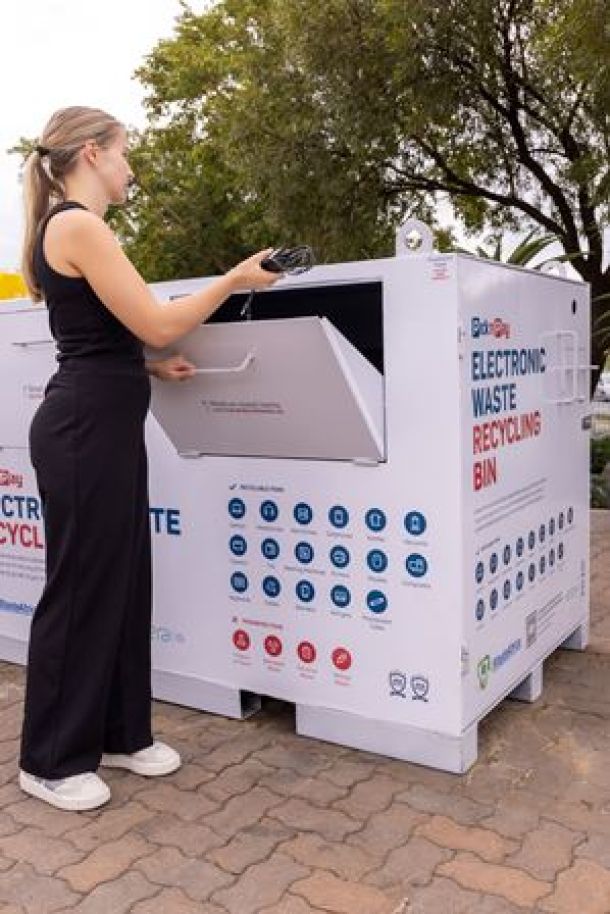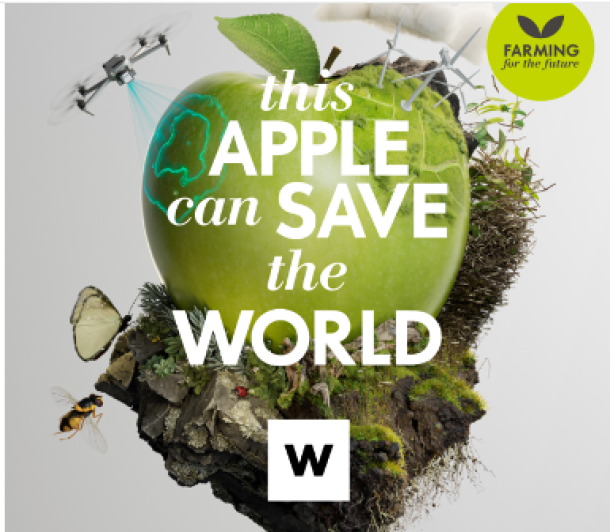Factors that impact recycling successes in South Africa
Recycling plays a big role in the South African economy and offers work opportunities to thousands of South Africans. The Glass Recycling Company recently looked at seven key factors that impact and may continue affecting recycling successes in South Africa in 2018.
“Currently South Africa does not have mandatory punitive legislation in place which makes separation of recyclables at the source (where the recyclable material, which includes glass, paper, metal and certain plastics is separated from the waste stream) in homes, offices, restaurants and bars compulsory. Mandatory separation at the source will ensure greater recycling success in years to come,” said Shabeer Jhetam, executive director at The Glass Recycling Company.
Jhetam outlined the following factors that will impact recycling in 2018:
Entrepreneurship in Waste
In many developing countries like ours, an informal ‘collector market’ has evolved; this informal market has also grown in Brazil and India amongst other nations. Recyclables are collected by individuals to generate a source of income. Based on independent research approximately 50 000 South Africans earn an informal income from collecting waste glass and selling it to entrepreneurial buy-back centres.
South Africa’s Returnable Bottle System
South Africa has one of the most efficient returnable bottle systems in the world spearheaded by our beer, wine and spirit manufacturers. These returnable glass bottles are sent back to the beverage manufacturers to be sterilised, inspected and refilled, making each glass bottle achieve numerous trips. Returnable bottles include large beer bottles such as beer quart bottles, glass soft drink bottles and many commonly used spirit and liquor bottles.
Closed-loop glass recycling
A carbon-friendly trend is closed-loop recycling. Glass, for example, fully meets the formal definition of a closed loop system, whereby the material is recycled into the same product (i.e. a bottle becomes a new bottle or jar). As glass can be recycled infinitely without ever losing its clarity or purity, bottles and jars manufactured in South Africa contain at least 40% recycled glass.
Extended Producer Responsibility
Manufacturers are assisting in diverting waste from landfills. Consol Glass and Nampak Glass have both invested significantly in the development of high-level cullet processing plants. Advanced technology is used so that consumers do not have to sort glass into its three primary colours (brown, green or clear) as this is done at the processing plants using optical sorting.
Green Education
With the future of our country in the hands of our youth, it is vital to building enthusiasm regarding recycling and green behaviour. We need to encourage young consumers to ‘recover, reuse and recycle’. Many brands are trying to promote this. However, there is certainly space to do more.
More recycling spots
As South Africans are becoming increasingly environmentally conscious and responsible, the demand for recycling points has increased. The Glass Recycling Company now has more than 4 000 glass banks located nationally which makes it easier for the public to recycle their glass.
News Category
- International retailers
- On the move
- Awards and achievements
- Legislation
- Wine and liquor
- Africa
- Going green
- Supplier news
- Research tools
- Retailer trading results
- Supply chain
- Innovation and technology
- Economic factors
- Crime and security
- Store Openings
- Marketing and Promotions
- Social Responsibility
- Brand Press Office
Related Articles

Pick n pay upcycles air-conditioning systems, s...

Shoprite Group opens pathways to job opportunit...

Pick n Pay empowers shoppers in the fight again...

Massmart implements early leak detection techno...


